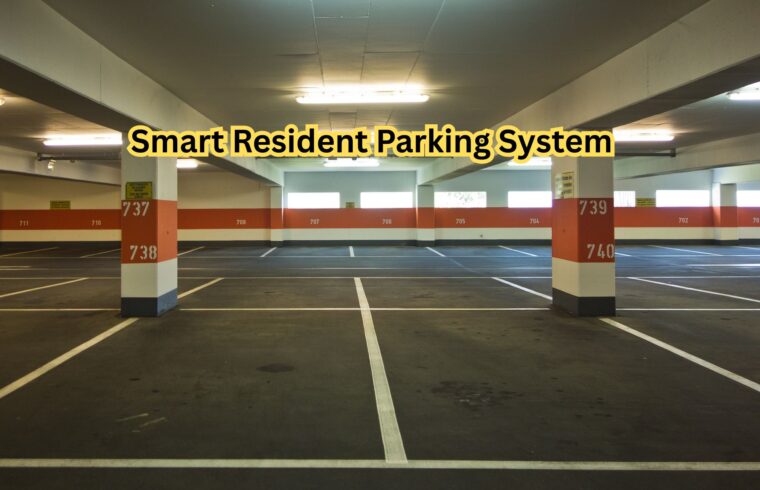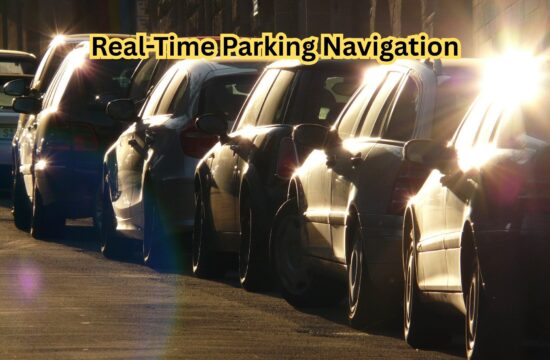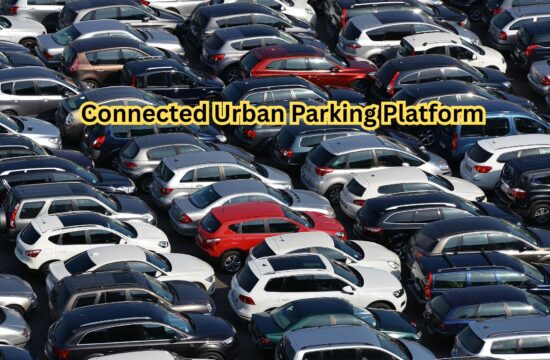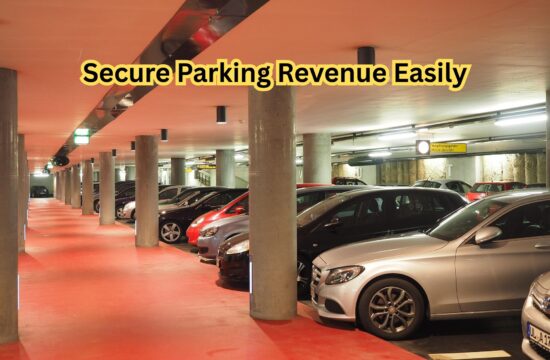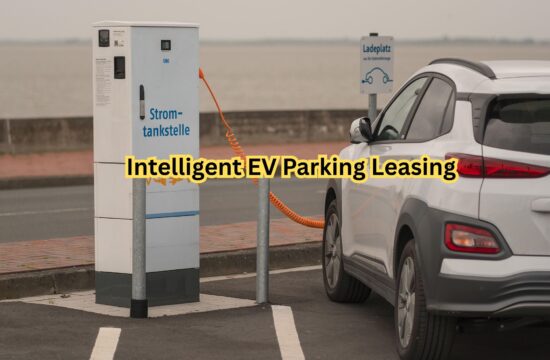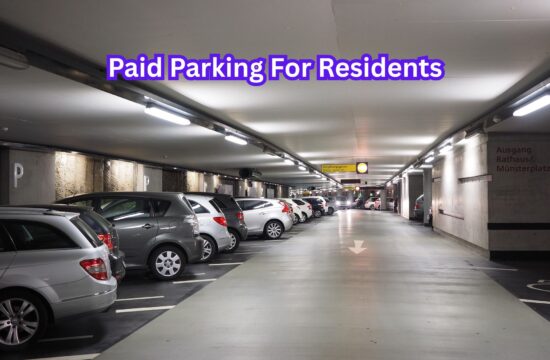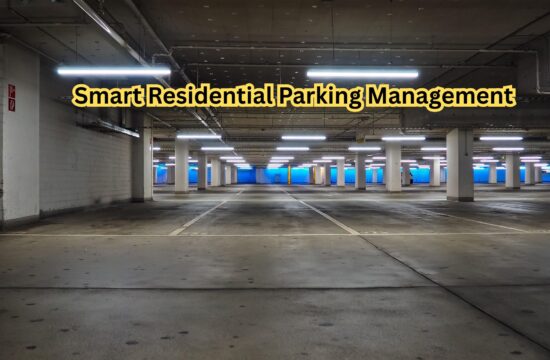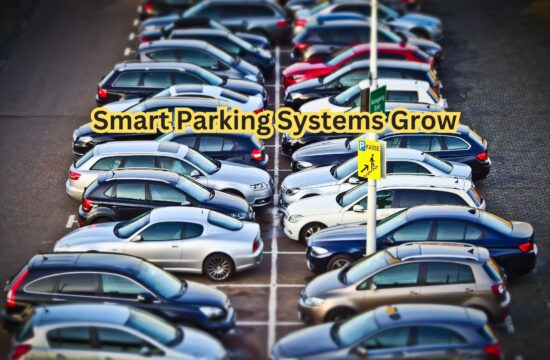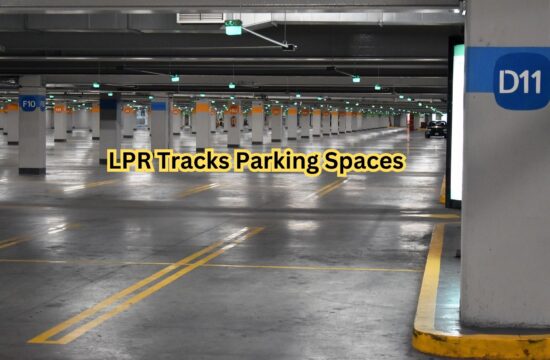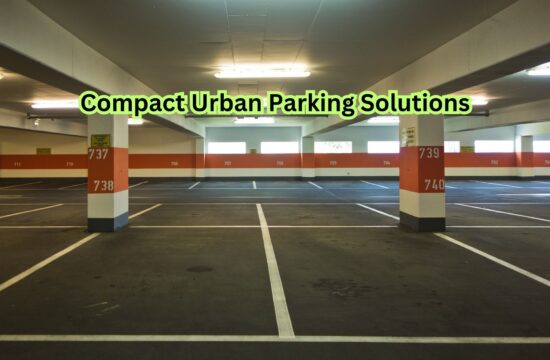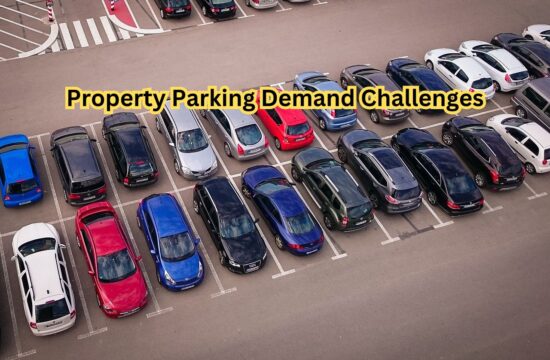The increasing population in urban areas has led to a sharp rise in vehicle ownership, putting pressure on traditional residential parking systems. A Smart Resident Parking System is a cutting-edge approach that saves time, space, and effort by effectively managing parking in residential complexes through the use of technology. By implementing a Smart Resident Parking System, housing societies can streamline parking allocation, enhance security, and reduce disputes among residents. The integration of a Smart Resident Parking System also supports future-ready infrastructure and promotes the efficient use of urban space.
What is a Smart Resident Parking System?
A Smart Resident Parking System integrates IoT devices, sensors, mobile applications, and automated barriers to provide real-time parking information and control. It ensures that only authorized vehicles can access the grounds and allows residents to book parking spots in advance.
Key Features of the System
These systems often include vehicle number plate recognition (ANPR), RFID card access, smart sensors for slot availability, and mobile app support for booking and notifications. In the event of unwanted access, the system can also notify security staff.
Benefits for Residents and Housing Societies
Smart parking solutions help in reducing disputes over parking, enhance security, and optimize space usage. They also save fuel and time by reducing the need to circle around looking for a spot. For housing societies, it creates a structured and trackable parking environment.
How It Works
Residents register their vehicles and receive a smart access method, like an app or RFID tag. When a vehicle approaches the entry gate, the system identifies it and grants access if it’s authorized. Sensors detect available spaces and guide the vehicle accordingly.
Integration with Smart City Infrastructure
Smart resident parking systems can be integrated with smart city platforms to offer real-time data analytics, enhance traffic control, and improve urban planning. This integration helps create more connected, efficient, and intelligent residential communities by optimizing parking management and contributing to a smarter urban infrastructure.
Cost and Maintenance
Though the initial setup might seem costly, the long-term benefits in terms of reduced manpower, better management, and increased resident satisfaction outweigh the investment. Regular maintenance ensures smooth functioning.
Conclusion
The future of well-organized residential life lies in smart resident parking systems. They improve parking’s efficiency, safety, and convenience while changing how locals engage with their neighborhoods and cars.

